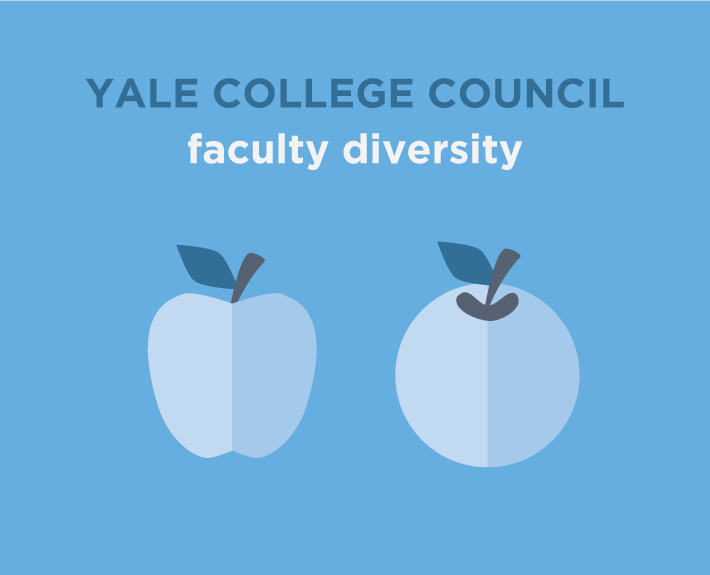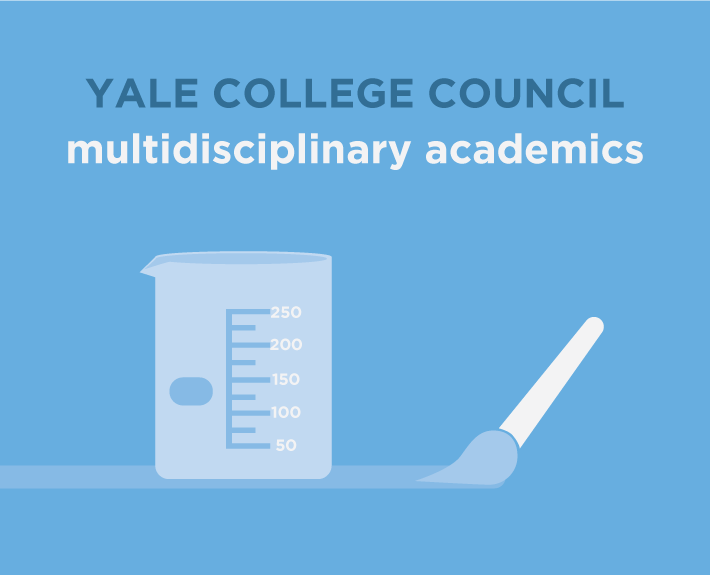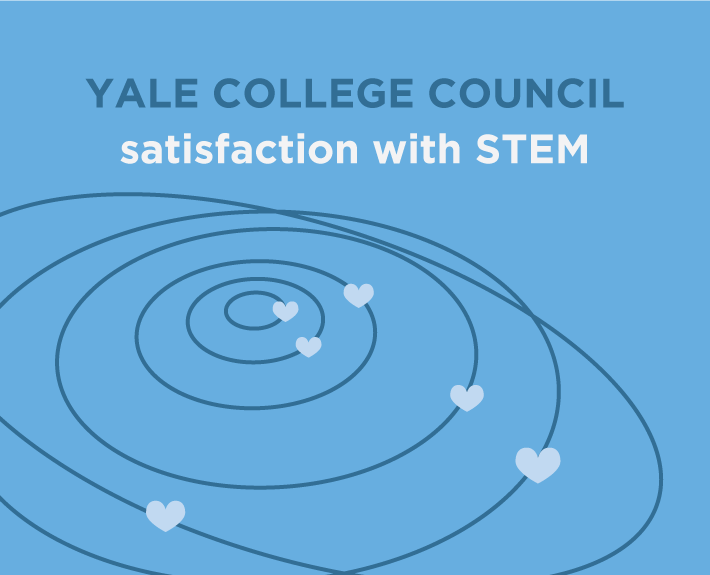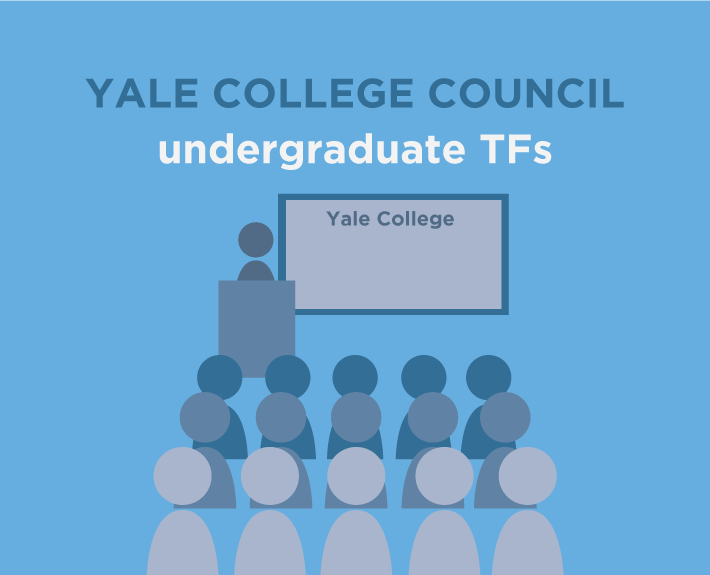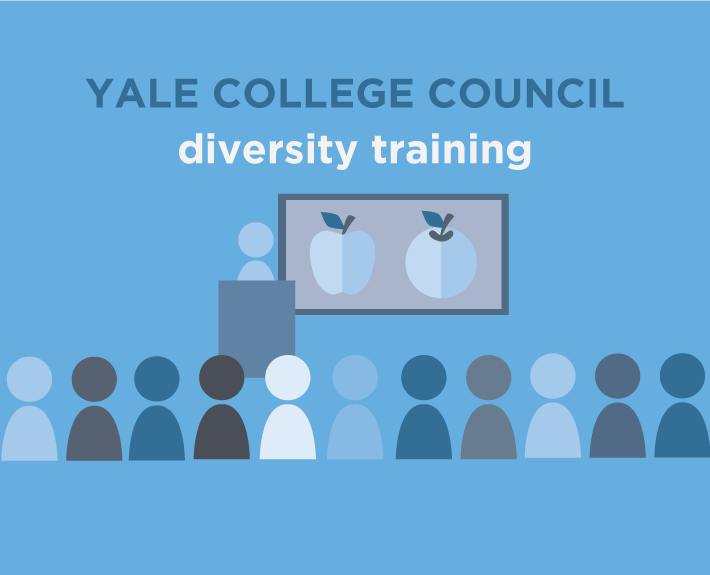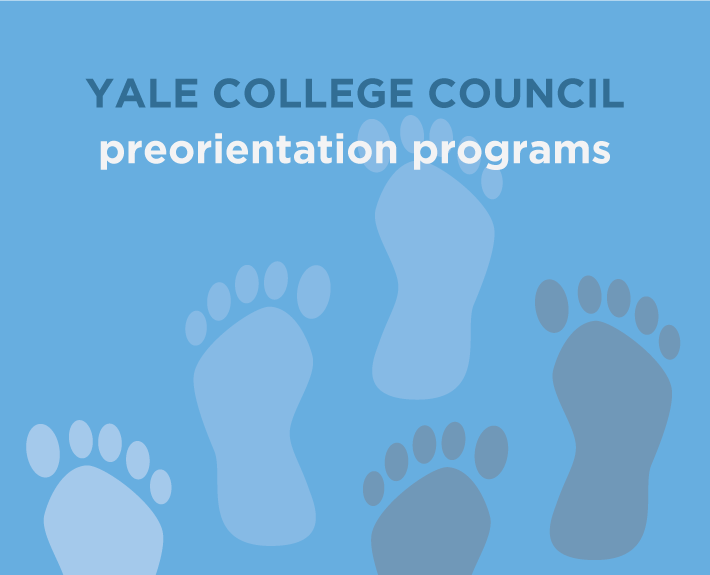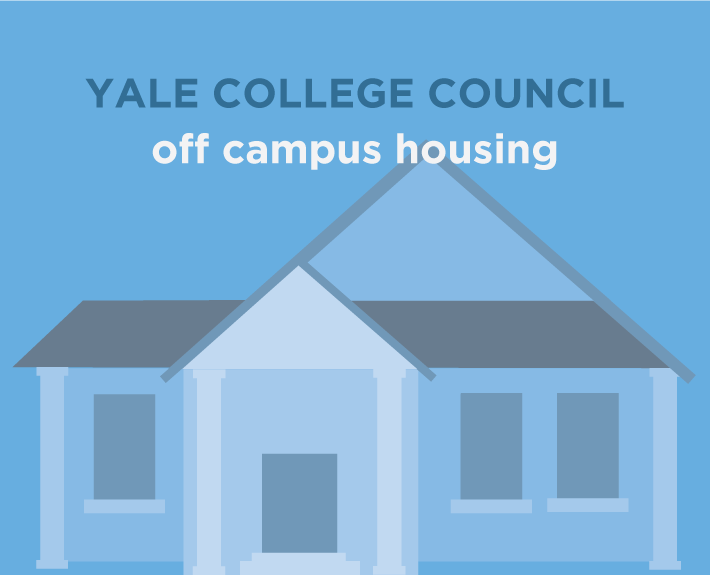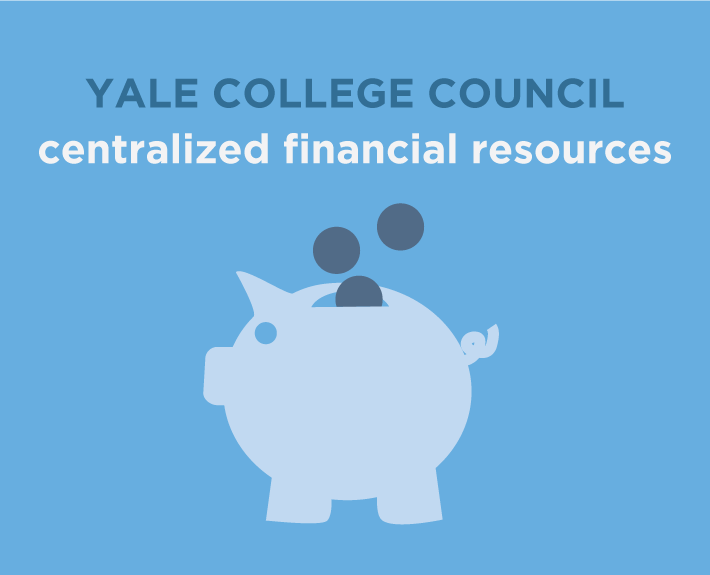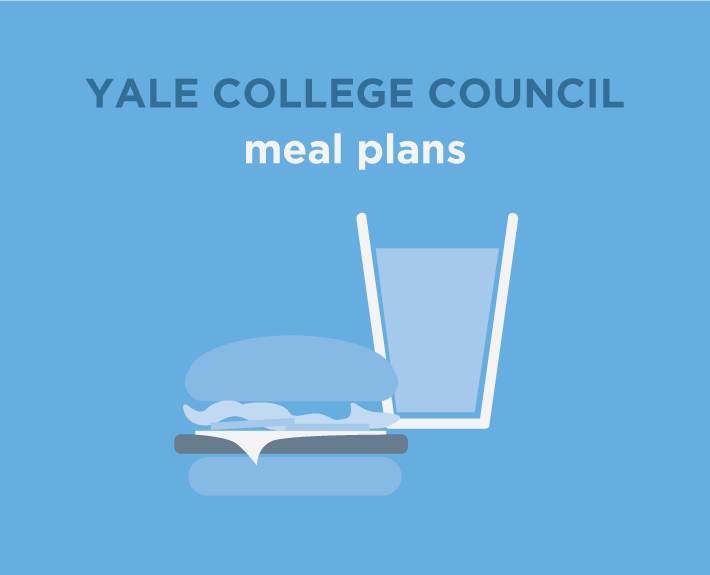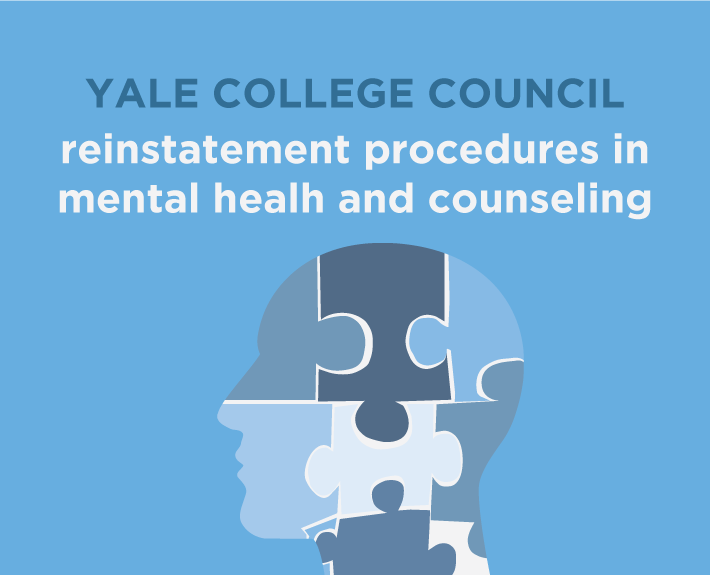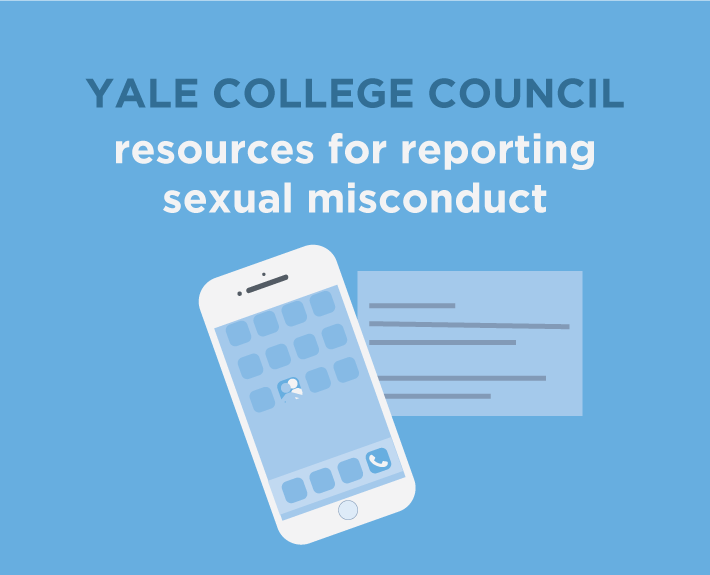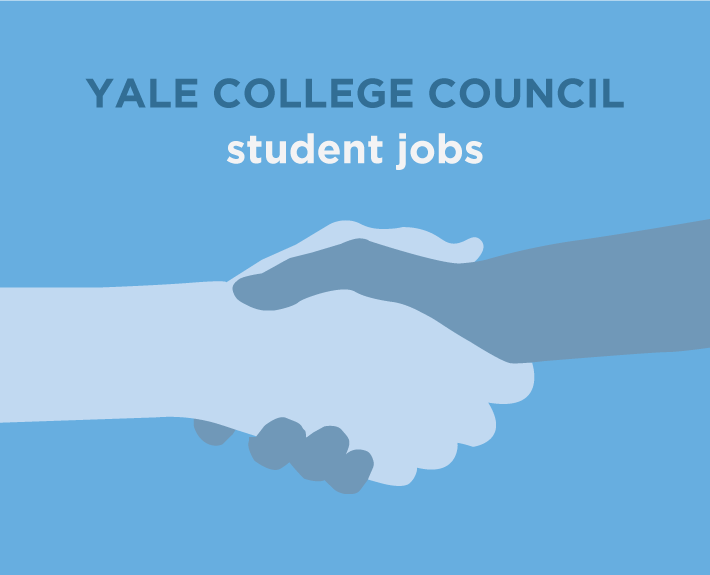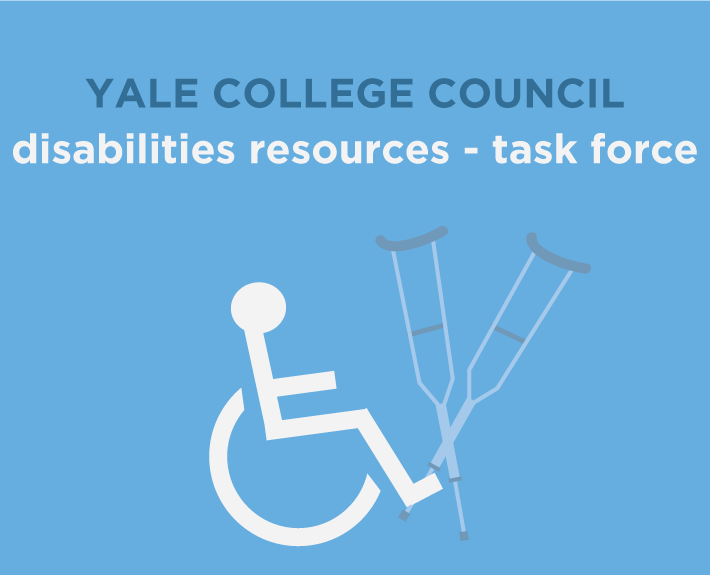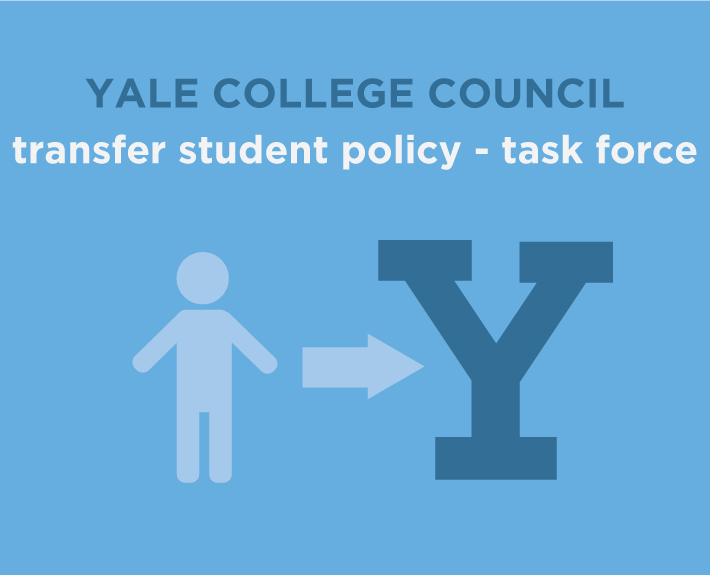Fall 2016 Projects
Our Fall 2016 Projects included faculty diversity, multidisciplinary academics, STEM satisfaction, undergraduate teaching assistants, diversity training, and more.
Click on a tile to explore a project.Faculty Diversity
According to The Chronicle of Higher Education, a May 2016 Faculty of Arts and Sciences Senate report found that Yale has responded to demands for a more diverse faculty over the years in the same, ineffective ways. The university has repeatedly failed “to execute ambitious plans to diversify its faculty, praised inclusion while enabling a climate hostile to many female and minority professors and graduate students, and experienced a ‘lost decade’ where budget tightening eroded earlier gains in diversifying the professoriate.” Although administrators are aware of their problems in this field, students are not as well-versed on the details and deserve answers on both where calls for faculty diversity are the most prominent and how administrators are reacting to these arguments. Rather than creating recommendations on “how” to create a more inclusive faculty, inform undergraduates on the historical background and current state of issue, providing the student oversight that is necessary to respond to such a pressing and growing problem.
Managing Team: Riya Satara, CC ’19 (riya.satara@yale.edu)
Kat Wang, BR ’19 (katharine.wang@yale.edu)
MULTIDISCIPLINARY ACADEMIC PROGRAMS
Over the course of the last four years, Yale College has created what it calls “Multidisciplinary Academic Programs” (MAPS) in four areas: Education, Energy, Global Health, and Human Rights. Highly competitive, these intimate, capped programs introduce undergraduates to fields that they would not be able to major in at the university, yet their small class sizes prevent all students from accessing the MAPS’ resources. At the time of their creation, though, the Yale College faculty voted to allow for five of such programs for a period of five years – which means that both the pre-existing four will soon expire and that space still exists for one more. Based on student input and trends of interdisciplinary academia at other universities, evaluate the success of the MAPS and suggest possible paths that a new multidisciplinary program could take.
Managing Team: Shah Khan, TC ’19 (shah.khan@yale.edu)
Steven Tian, SM ’20 (steven.tian@yale.edu).
SATISFACTION WITH STEM PROGRAMS
Student satisfaction with STEM classes compares miserably to that with humanities or social science classes. Undergraduates pursuing a degree in a STEM department find themselves tackling conflicts with class scheduling, taking courses that they think they should not have been placed into, and communicating with professors who they feel could care less about them – and those are just a few of the many problems that STEM students face in their education. Why are undergraduates who are pursuing a STEM major so dissatisfied with their field, and what can Yale College do to improve the academic experience for such a large portion of its undergraduate population?
Managing Team: Cole Addonizio, MC ‘19 (cole.addonizio@yale.edu)
Brett Gu, SY ’19 (brett.gu@yale.edu)
UNDERGRADUATE TEACHING FELLOWS
The recent introduction of CS50 and the perpetual challenge of managing TF assignments during shopping period have prompted a debate regarding the role of undergraduates as teaching fellows. After all, Yale College seems to have constant trouble recruiting enough qualified graduate students to take on a section, and that problem will likely only compound with the upcoming increase in the Yale College population. Sometimes, a senior major might even be more knowledgeable on a given subject than a graduate student from a completely different field – yet many undergraduates are wary of having their peers monitor and grade their work either way. So what role – if any – should undergraduates play as TFs in the classroom?
Managing Team: Dayo Gbadamosi, DC ‘19 (adedayo.gbadamosi@yale.edu)
Nick Girard, ES ‘19 (nicholas.girard@yale.edu)
Diversity Training
Among all of the safety sessions, CCE lessons, and welcome banquets during Camp Yale, many students believe that freshmen end their first week of college having missed a key piece of programming: diversity training. Although the topic of diversity comes up in countless discussions upon arriving at the university, there is no required event for new students during their first few days that is solely dedicated to discussing and understanding the wide diversity at Yale. Explore what role such a session could take, looking at how it would be structured, who would run it, and whether or not Camp Yale even has space for another mandatory program.
Managing Team: Jason Hu, BK ‘19 (jason.hu@yale.edu)
Fernando Rojas, ES ’19 (fernando.rojas@yale.edu)
PREORIENTATION PROGRAMS
Yale’s pre-orientation programs are widely raved about, so much so that the university added another in the last year in order to keep up with undergraduate demand. However, with some still turning away students and a 15% increase in freshman class set to begin in a little less than a year, FOOT, Cultural Connections (CC), Harvest, Freshman Scholars at Yale (FSY), and the new FOCUS will no doubt experience growing pains. Furthermore, due to required personal costs, some of these opportunities remain more accessible to certain students than they are to others. Examine the popularity of pre-orientation programs among freshmen, and suggest ways that they can be improved in light of the opening of Benjamin Franklin and Pauli Murray Colleges.
Managing Team: Benito Flores, TC ’20 (benito.flores@yale.edu)
Daniel Vernick, TD ’19 (daniel.vernick@yale.edu)
Off campus Housing
Yale prides itself on its ability to retain students in on-campus housing for their full four years at the university, yet more and more undergraduates are migrating off campus. Some indicate an interest in rooming with friends from other residential colleges, others say that living off-campus is cheaper, and still others articulate a combination of many factors. As such, what is driving students to move off-campus, and what does the university need to do if it wants to draw students back into the complete residential college life for their four years?
Managing Team: Larry Fulton, JE ‘19 (larry.fulton@yale.edu)
Cassie Goodnight, JE ‘19 (cassie.goodnight@yale.edu)
Centralized financial aid
Navigating the financial aid office and the many resources available to students on financial aid is hard to say the least, and the decentralization of the residential college system adds even more stress onto undergraduates who are searching through this wide network. For example, buttery workers in the twelve colleges are paid different wages, and heads of colleges make resources like winter coat funds accessible at varying levels. Looking into the organization of both other systems on campus and of financial aid resources at peer universities, explore ways that Yale can better centralize, equalize, and communicate about the various resources that are available to students on financial aid.
Managing Team: Bennett Byerley, SY ‘19 (bennett.byerley@yale.edu)
Jaclyn Price, BK ’19 (jaclyn.price@yale.edu)
Meal Plans
According to the 2015 YCC fall survey, 53% of students disagreed or strongly disagreed with a statement that they were satisfied with their meal plan, and the ensuing Dining Task Force responded accordingly by recommending an expansion of the meal plan from beyond the five choices that it currently has. After all, off-campus students often find that they don’t have enough choice among Yale Dining’s offerings in this regard, and in many cases, pricing for a given plan doesn’t even line up with what students receive. However, because of the many recommendations of that report and the logistics involved in creating or changing this program, the task force’s suggestion has made no headway. Revisit the Dining Task Force report and expand upon their ideas for how Yale can improve the various meal plan options that it offers to undergraduates.
Managing Team: Carlos Cohen, DC ’19 (carlos.cohen@yale.edu)
Jenny Xiao, PC ’19 (jenny.xiao@yale.edu)
reinstatement procedures in mental health and counseling
Thanks to movement in the Herbert Administration, Mental Health & Counseling has implemented a number of reforms over recent months, from hiring more counselors to increasing transparency in the resources available to students. However, reinstatement procedures have changed little and continue to punish undergraduates who leave for mental health reasons. These individuals have to do things like take classes and receive letters of recommendation in order to come back to Yale, and such policies are applied as a blanket across all instances of reinstatement rather than on a case-by-case basis at the discretion of university administrators. Research the recent history of reinstatement procedures at Yale and suggest ways that Mental Health & Counseling can eliminate the challenges that students who leave the university for mental health reasons face upon trying to return to school.
Managing Team: Yonatan Araia, SM ’19 (yonatan.araia@yale.edu)
Julia Feldstein, PC ’18 (Julia.feldstein@yale.edu)
Resources for Reporting Sexual Misconduct
Survivors of sexual assault often have difficulty navigating the various channels that are available for reporting their experiences, especially due to what many undergraduates see as the similarities among these resources. Furthermore, while they have proven helpful to students, the mechanisms do not always allow survivors to be in charge of the proceedings. Many students have said that they feel left out of the process and don’t even know what’s going on as administrators look into their cases. Consider ways that Yale can make the entire reporting process more transparent and accessible in order to ensure that students are both aware of the resources available to them and in control of what happens if they do report experiences with sexual misconduct.
Managing Team: Heidi Dong, MC ’20 (heidi.dong@yale.edu)
Adam Michalowski, BR ’19 (adam.michalowski@yale.edu)
Student Jobs
Although Yale boasts that it offers more student jobs than demand requires, many of these work experiences are neither widely desirable nor relevant to students’ passions. More popular jobs like helping with research or serving as a tour guide are quickly taken by a limited few, which leaves others to pursue their eighth, ninth, or tenth choices, and so on. Students should instead have opportunities to apply for jobs that relate to a possible career or academic interest of theirs, and the work term requirement of the student income contribution only makes this imperative more important. That said, if Yale were to offer jobs that better align with student interests, where would these jobs be? In what areas does the distribution of jobs currently fall, and where can the university add more?
Managing Team: George Huynh, TD ’18 (george.huynh@yale.edu)
Rachel Kornbluh, CC ’19 (rachel.kornbluh@yale.edu)
TASK FORCE: disabilities resources
The Resource Office on Disability (ROD) serves students with disability at Yale. The ROD seeks to facilitate individual accommodations for all students with disabilities by removing physical and attitudinal barriers, which may prevent their full participation in the University community. The Task Force will evaluate how well the experiences of disabled students at Yale meet the ROD’s goals. This Task Force will also:
- Analyze the effectiveness of current provisions for disabled students by Yale administrators and faculty members
- Strategize ways to augment the academic and social integration of disabled students at Yale
- Suggest new initiatives for improving awareness of physical and attitudinal barriers among the wider Yale community
Chair: Benjamin Nadolsky, SY ’18 (benjamin.nadolsky@yale.edu)
Managing Team: Brennan Carman, CC ’20 (brennan.carman@yale.edu)
Addy Feibel, BR ’20 (adelaide.feibel@yale.edu)
Sohum Pal, BR ’20 (sohum.pal@yale.edu)
Daniel Robinson, DC ’20 (daniel.t.robinson@yale.edu)
Joshua Slocum, BR ’18 (joshua.slocum@yale.edu)
Lauren Telesz, CC ’20 (lauren.telesz@yale.edu)
Task Force: Transfer Students
Each year, Yale accepts 20-30 transfer students with either sophomore or junior standing, along with a small number of nontraditional students through the Eli Whitney Students Program (EWSP). Because transfer students enter Yale through a unique route, several academic policies – such as bounded distribution requirements for specific years – are not directly applicable to transfers. As a result, confusion can arise regarding how certain Yale regulations affect the transfer and nontraditional student community. This task force will:
- Analyze the transition to Yale for transfer students, focusing heavily at their access to pre-orientation programs and college updates during the summer months
- Examine the effectiveness of the Transfer Counselor program
- Clarify how the university determines the number of semesters allocated to transfer students, the availability of their transfer credits, and the prevalence of study abroad opportunities for transfer students
Chair: Timothy Gavin, TC ’17 (timothy.gavin@yale.edu)
Managing Team: Taylor Buscemi, CC ’18 (taylor.buscemi@yale.edu)
Victoria Hewlett, SM ’19 (victoria.hewlett@yale.edu)
Ryan Liu, MC ’18 (ryan.liu@yale.edu)
Ishaan Srivastava, CC ’19 (ishaan.srivastava@yale.edu)
Constance Thurmond, ES ’19 (constance.thurmond@yale.edu)

